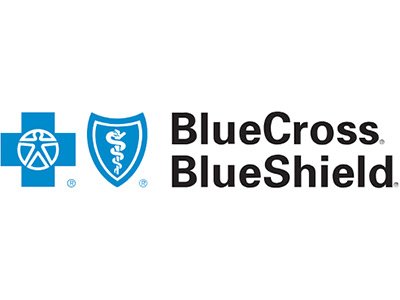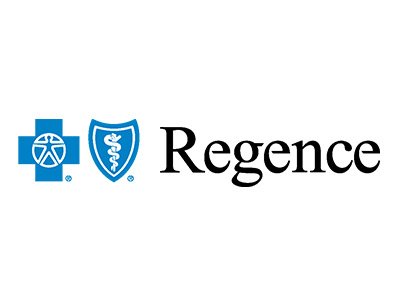What puts teens and adolescents at risk for Anorexia and Eating Disorders?
Eating disorders can arise from a combination of genetic, biological, psychological, and environmental factors, impacting individuals of all ages, including children.While certain factors may heighten the chance of developing an eating disorder in teens and children, it's important to note that these don't guarantee it will happen, and various factors may influence an individual's vulnerability. Potential risk factors for eating disorders in teens and children include genetic predisposition, psychological traits such as perfectionism or low self-esteem, societal pressures regarding ideal body images, influence from peers, involvement in dieting or weight concerns, participation in certain sports or activities, exposure to childhood trauma, parental influence, pre-existing mental health conditions, and the bodily changes that occur during puberty. Recognizing the complexity of eating disorders is crucial, understanding that not every young person with these risk factors will develop such conditions, and a mix of different elements contributes to their risk profile. Early intervention, open communication, and a supportive atmosphere are key in lessening these risks and promoting a positive body image and healthy relationship with food in teenagers and adolescents.
























Recent “graduate” from Side by Side Nutrition. I started working with SBSN to figure out how food worked after having an eating disorder for years. And I’m so happy I got so much more than that! SBSN introduced me to Self-Compassion and met me with an approach that never included shaming me. I looked forward to our sessions every week, even if I hadn’t done any of my work, because I knew she’d be understanding and work with me to figure out what I needed to make it happen. And none of that compassion and presence was lost when we had to switch to telehealth. When I started, I didn’t think healing from an eating disorder was possible. And I never in my wildest dreams imagined that I’d come out of it with an unshakable love for my body (certainly not a plus size body with chronic illness)! I’m so glad circumstances sent me here because I know I wouldn’t have gotten to this place with my previous dietician! I am STRONG, I am CONFIDENT, and I am in LOVE with myself! Thank you so much for helping me on my journey here! It wasn’t easy, but it was so worth it!
— Michaela Myers